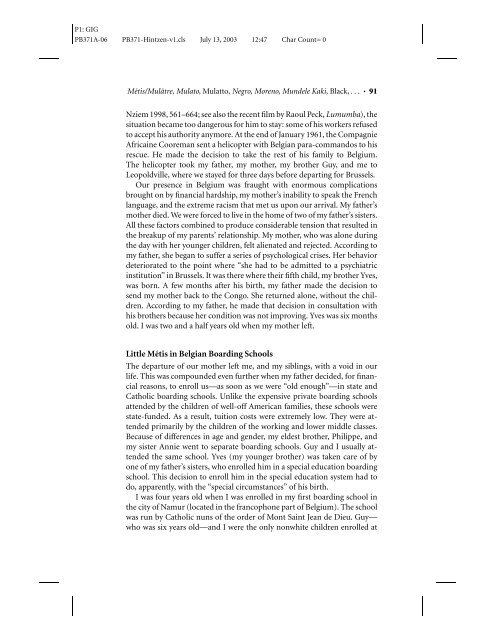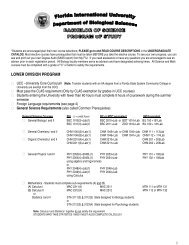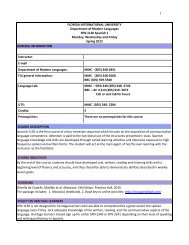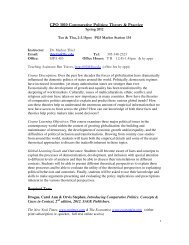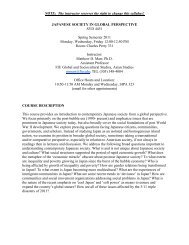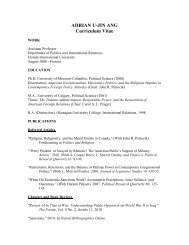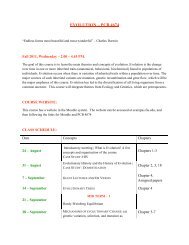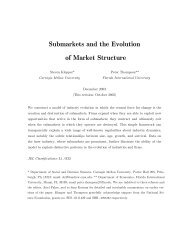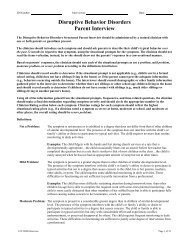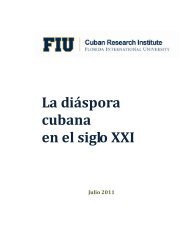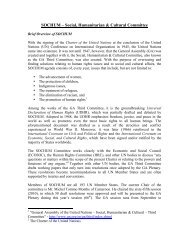Métis/Mulâtre, Mulato, Mulatto, Negro, Moreno, Mundele Kaki, Black
Métis/Mulâtre, Mulato, Mulatto, Negro, Moreno, Mundele Kaki, Black
Métis/Mulâtre, Mulato, Mulatto, Negro, Moreno, Mundele Kaki, Black
You also want an ePaper? Increase the reach of your titles
YUMPU automatically turns print PDFs into web optimized ePapers that Google loves.
P1: GIG<br />
PB371A-06 PB371-Hintzen-v1.cls July 13, 2003 12:47 Char Count= 0<br />
<strong>Métis</strong>/<strong>Mulâtre</strong>, <strong>Mulato</strong>, <strong>Mulatto</strong>, <strong>Negro</strong>, <strong>Moreno</strong>, <strong>Mundele</strong> <strong>Kaki</strong>, <strong>Black</strong>, ... . 91<br />
Nziem 1998, 561–664; see also the recent film by Raoul Peck, Lumumba), the<br />
situation became too dangerous for him to stay: some of his workers refused<br />
to accept his authority anymore. At the end of January 1961, the Compagnie<br />
Africaine Cooreman sent a helicopter with Belgian para-commandos to his<br />
rescue. He made the decision to take the rest of his family to Belgium.<br />
The helicopter took my father, my mother, my brother Guy, and me to<br />
Leopoldville, where we stayed for three days before departing for Brussels.<br />
Our presence in Belgium was fraught with enormous complications<br />
brought on by financial hardship, my mother’s inability to speak the French<br />
language, and the extreme racism that met us upon our arrival. My father’s<br />
mother died. We were forced to live in the home of two of my father’s sisters.<br />
All these factors combined to produce considerable tension that resulted in<br />
the breakup of my parents’ relationship. My mother, who was alone during<br />
the day with her younger children, felt alienated and rejected. According to<br />
my father, she began to suffer a series of psychological crises. Her behavior<br />
deteriorated to the point where “she had to be admitted to a psychiatric<br />
institution” in Brussels. It was there where their fifth child, my brother Yves,<br />
was born. A few months after his birth, my father made the decision to<br />
send my mother back to the Congo. She returned alone, without the children.<br />
According to my father, he made that decision in consultation with<br />
his brothers because her condition was not improving. Yves was six months<br />
old. I was two and a half years old when my mother left.<br />
Little <strong>Métis</strong> in Belgian Boarding Schools<br />
The departure of our mother left me, and my siblings, with a void in our<br />
life. This was compounded even further when my father decided, for financial<br />
reasons, to enroll us—as soon as we were “old enough”—in state and<br />
Catholic boarding schools. Unlike the expensive private boarding schools<br />
attended by the children of well-off American families, these schools were<br />
state-funded. As a result, tuition costs were extremely low. They were attended<br />
primarily by the children of the working and lower middle classes.<br />
Because of differences in age and gender, my eldest brother, Philippe, and<br />
my sister Annie went to separate boarding schools. Guy and I usually attended<br />
the same school. Yves (my younger brother) was taken care of by<br />
one of my father’s sisters, who enrolled him in a special education boarding<br />
school. This decision to enroll him in the special education system had to<br />
do, apparently, with the “special circumstances” of his birth.<br />
I was four years old when I was enrolled in my first boarding school in<br />
the city of Namur (located in the francophone part of Belgium). The school<br />
was run by Catholic nuns of the order of Mont Saint Jean de Dieu. Guy—<br />
who was six years old—and I were the only nonwhite children enrolled at


